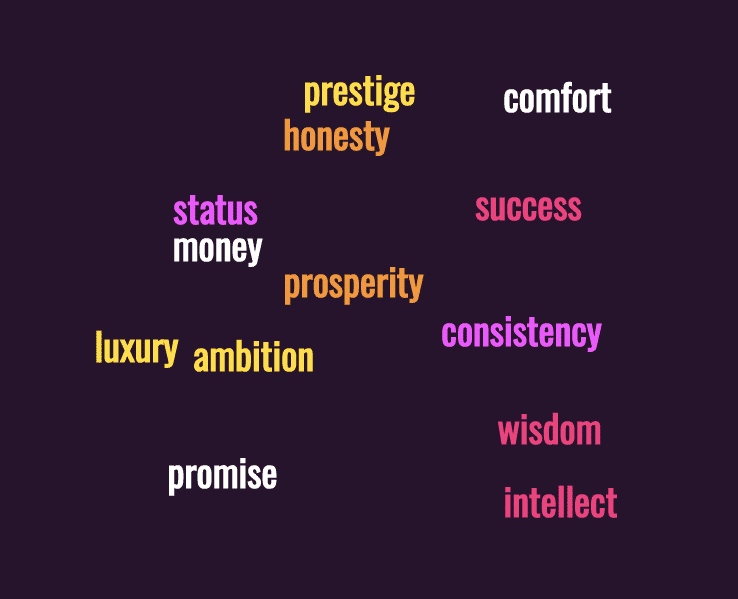What are money values?
I recall a popular quote
“Show me where you spend your money, and I will tell you what your values are.”
Values are a set of principles we live by, shaped by external and internal factors, that drive our day-to-day behaviour on all fronts.
Money values are reflected both in the manner we earn money and spend money.
HOW DO YOU EARN MONEY?
I overheard a discussion on quitting jobs to set up a business. A brilliant young man (senior executive in a financial institution and IIM grad) said,
“I’ve learnt this from my father and brother. All we can do is be in employment, and do it well.”
He had grown up with the idea that he is not cut out to be in business. I could see the ‘do it well’ part reflecting in his work. But I also noticed a lot of compromises he’d make in an unethical business environment.
The belief in his inability to do business led him to unethical compromises in an employment situation.
There is Sushant at the other end, who did not go for an interview with a multinational, which his father had painstakingly arranged. He had friends entering the world of business, and he believed that his employed parents could not lead an affluent lifestyle with their limited income. He believed that money comes from business.
HOW DO YOU SPEND MONEY?
A young couple who was flaunting pictures of a beautiful home and fancy car found themselves in deep trouble, as the pandemic imposed salary cuts. They were unable to pay the loan EMIs. Their monthly budget was stretched to the last rupee, as they emulated the lifestyle their parents had in their 50s. They had not spared a thought to create an emergency fund.
Sumit is labelled a miser by his friends, and stays away from weekend outings. A conversation on money revealed a deep insecurity about being financially dependent. His father had spent a major part of his provident fund and terminal benefits on a house and his daughter’s wedding. Sumit and his brother had to support the parents financially for their upkeep. He did not want to be in that space, and went the extra mile to save money.
What do you speak of in a glorifying manner in presence of your children?
- A high-end concert with tickets that cost a week’s salary
- An extravagant wedding
- Charity
- Stock market gains
- Investment plans
- Minimalistic lifestyles
The impact on them can be a two-way street. The children combine your views with their experience on other fronts and derive a value system for money from it. External factors do make a difference. They can either go your way or in the opposite direction. But childhood experience remains at the root of things.
HOW DO YOU TALK ABOUT MONEY?
Ranjana has a way of bragging about her lifestyle to the extent of lying through her teeth. Everyone in the family knows that the picture she is painting is more her fantasy than reality, but silence prevails.
The children are doing well in their professions, and do not need to boast or lie. But subconsciously the behaviour continues. Deep down they find themselves inadequate to live the dream life, and feel compelled to lie about it.
Twinkle always heard her mother say it is a man’s job to be a provider and finance manager. She found herself at the edge when she lost her husband suddenly in an accident. She had never handled money and did not think it is her job.
Many can’t face their personal finance reality
COMMON MONEY VALUES

Children need to be able to take an independent view on money and values.
The parents are driven by circumstances peculiar to them. They respond in a manner best suited to their environment.
It need not hold true for everybody in all situations. Children need to understand and appreciate that they are individuals capable of making their choices. Their life will be a function of what they choose and how they act, not of something that happened to their parents 20-30 years ago.
RELATED POST
If you wish to enrol your kids in online programs on Financial Values, write to us at
mo*********@gm***.com or
with the age group of your child and the topics of interest.